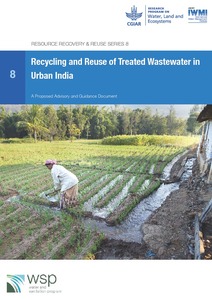People and fresh water ecosystems: pressures, responses and resilience
Freshwater ecosystems are central to the global water cycle, in local generation of freshwater flows, and the healthy functioning and resilience of other ecosystems. Freshwater security depends on healthy ecosystems. Current human threats to freshwater ecosystems include rapid infrastructure development and land-use change, inefficient water use and over-abstraction, and pollutants. These threats, combined with increasing demand for water resources, exacerbate the sustainable development challenge.


